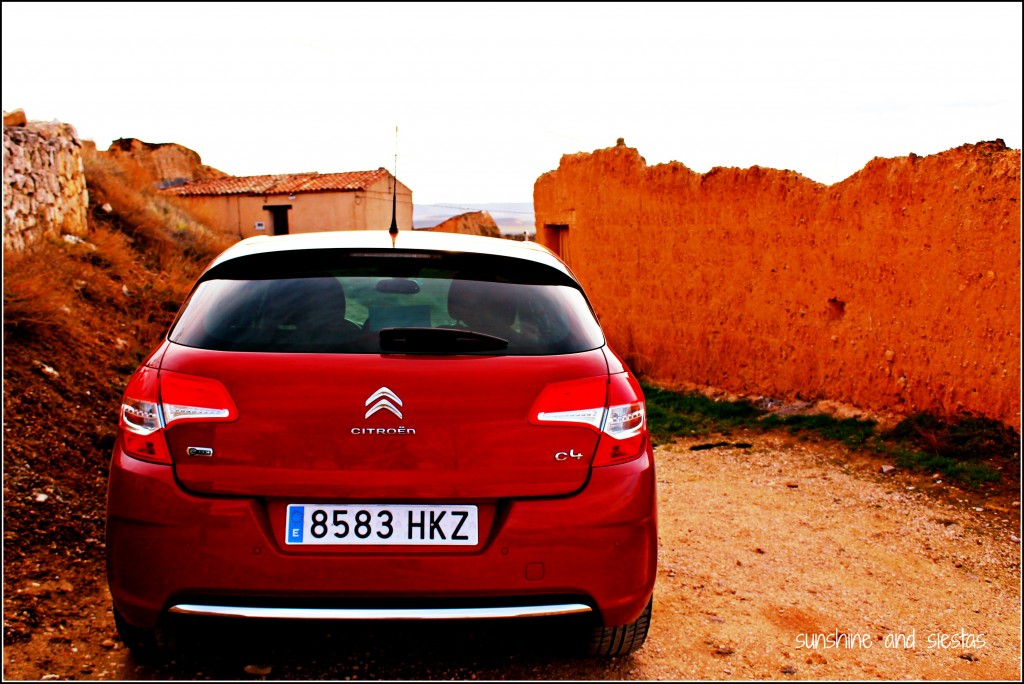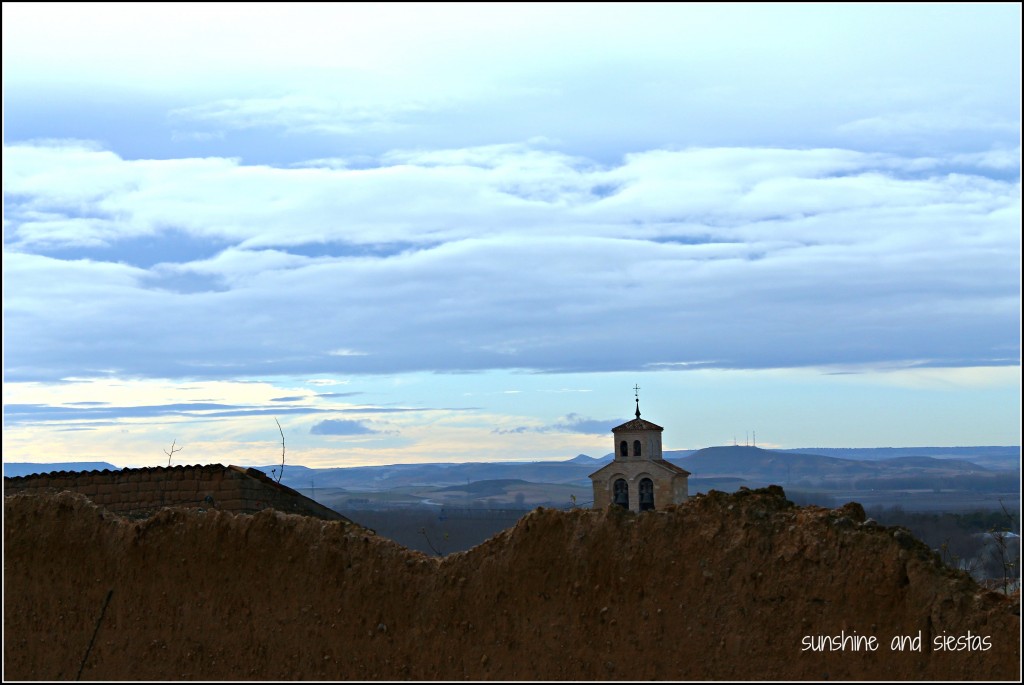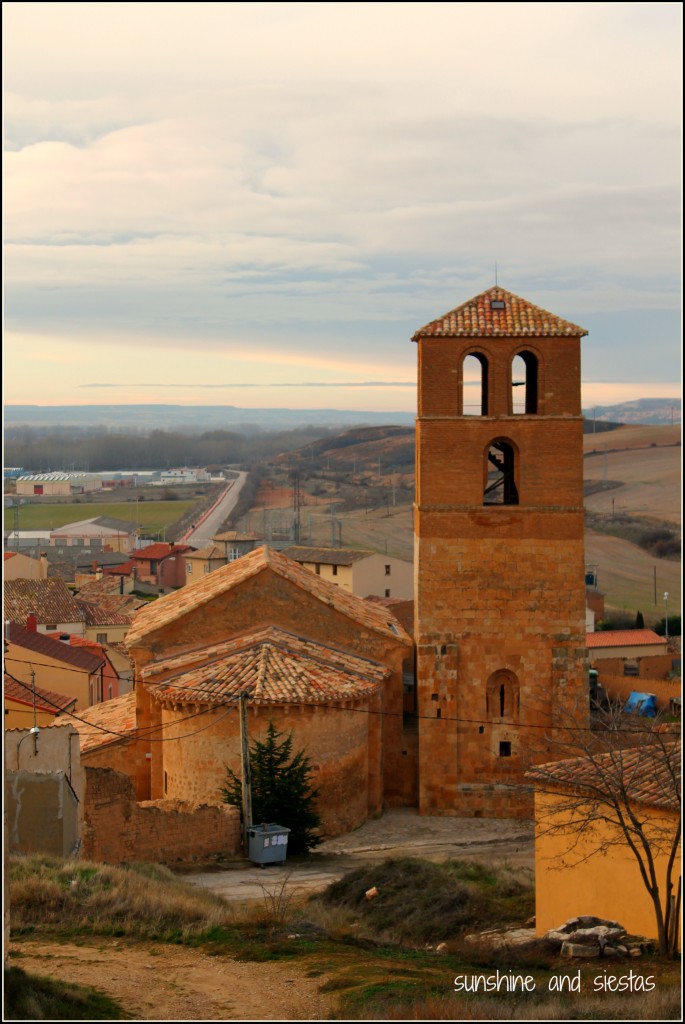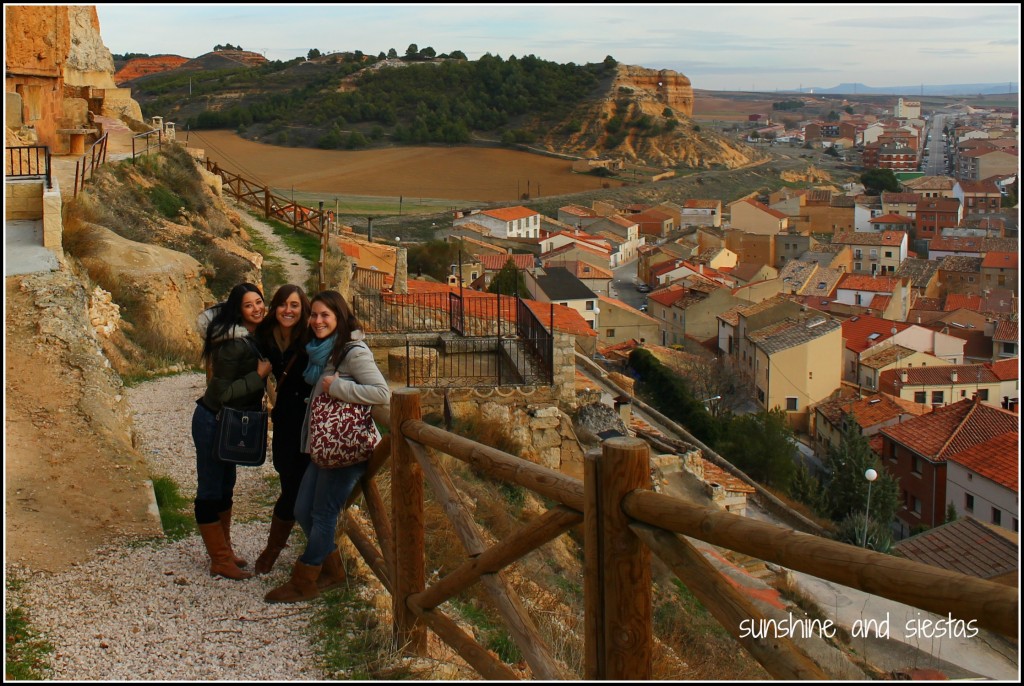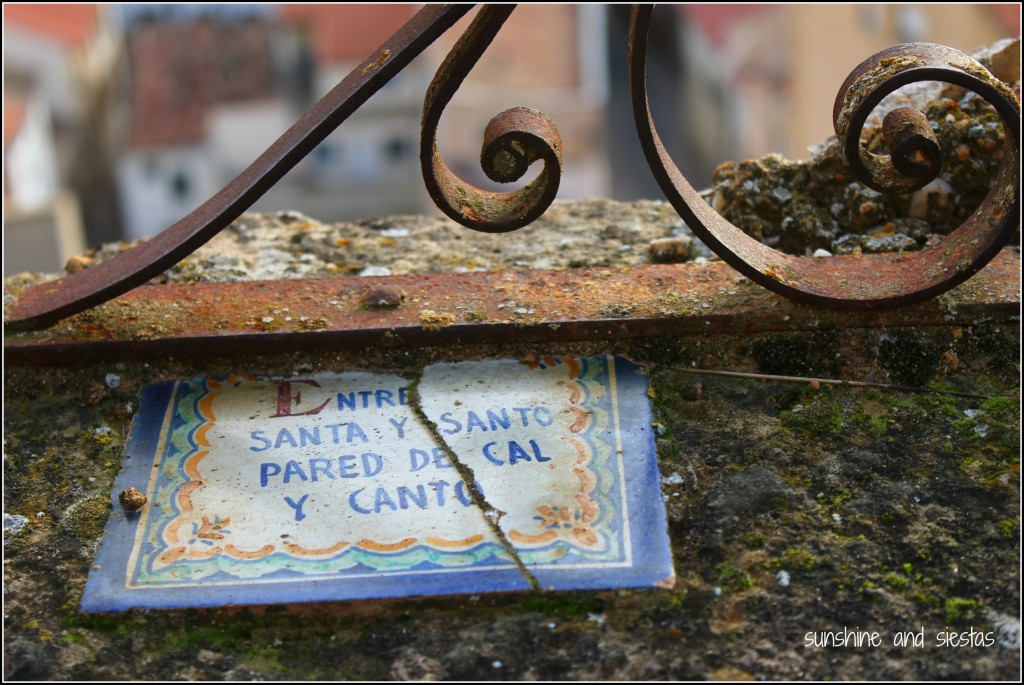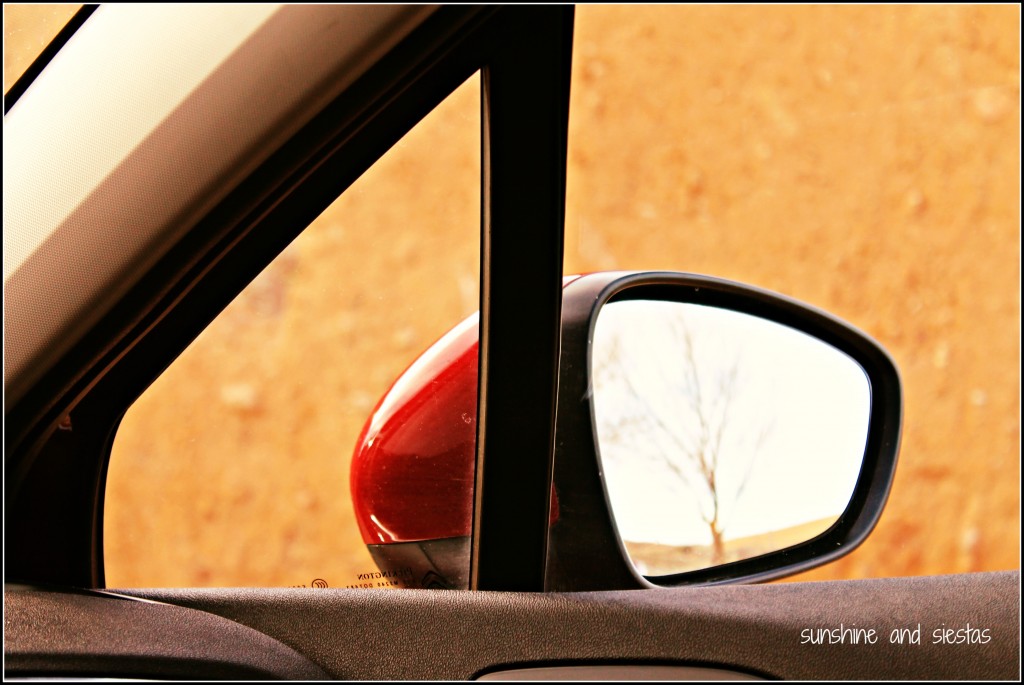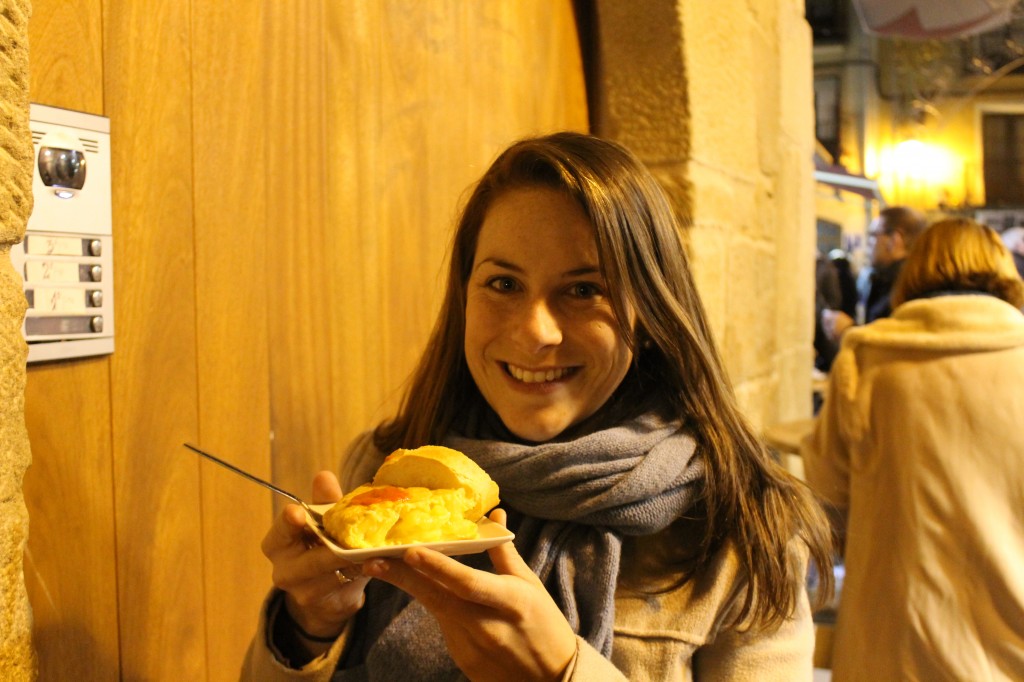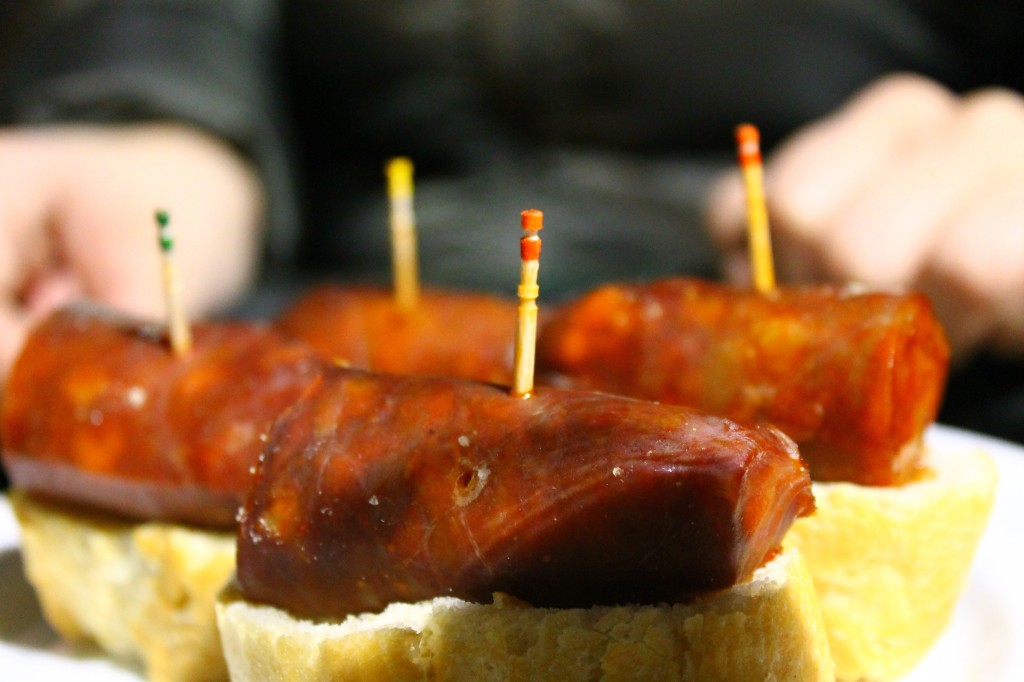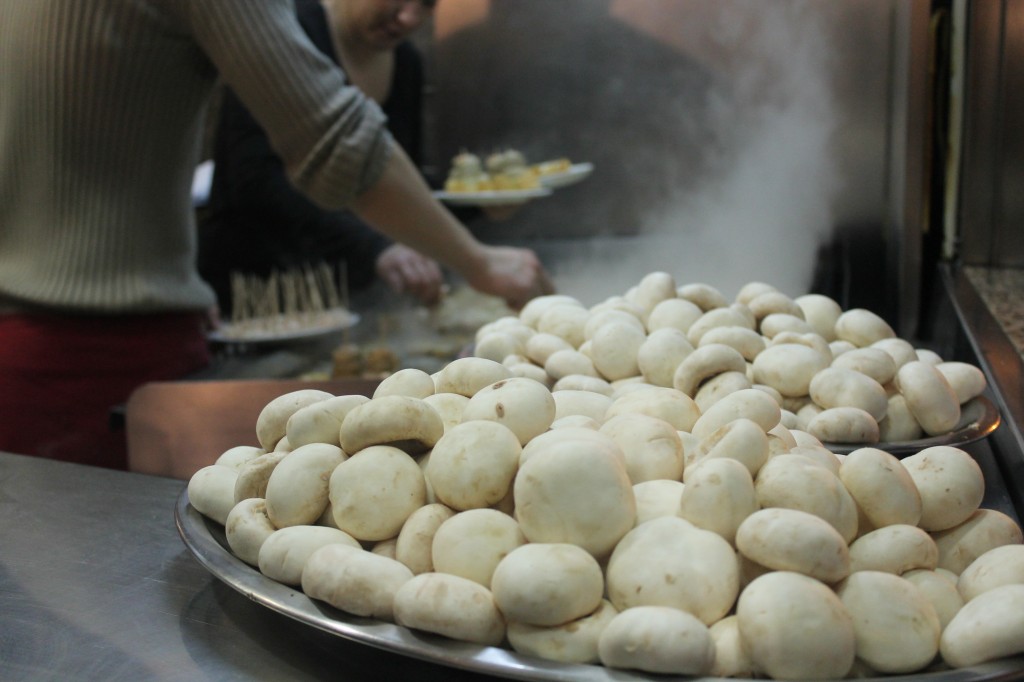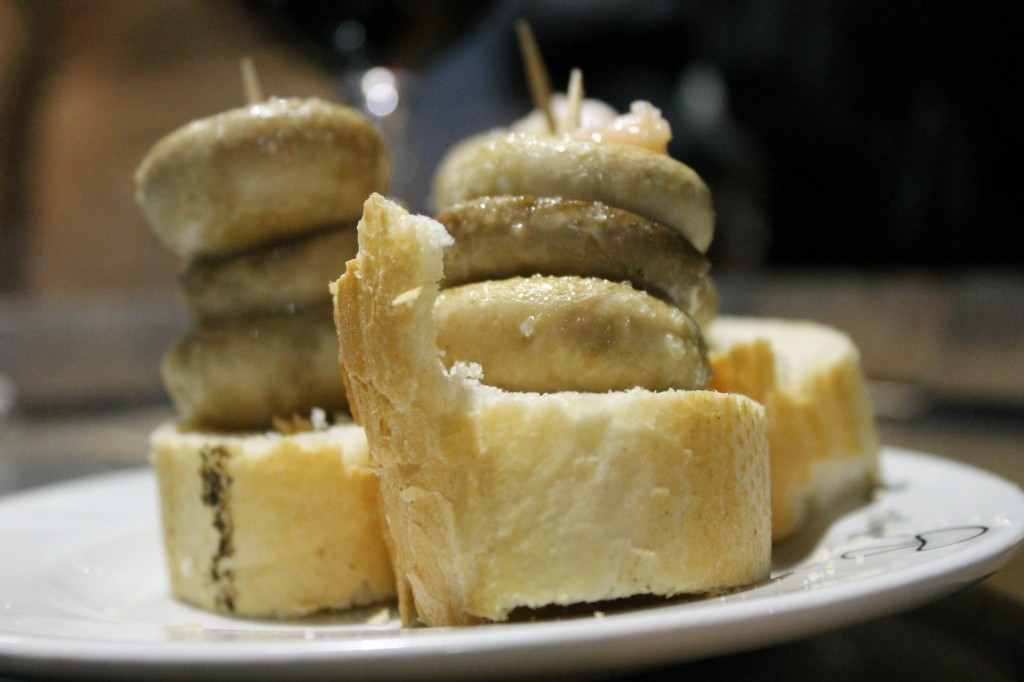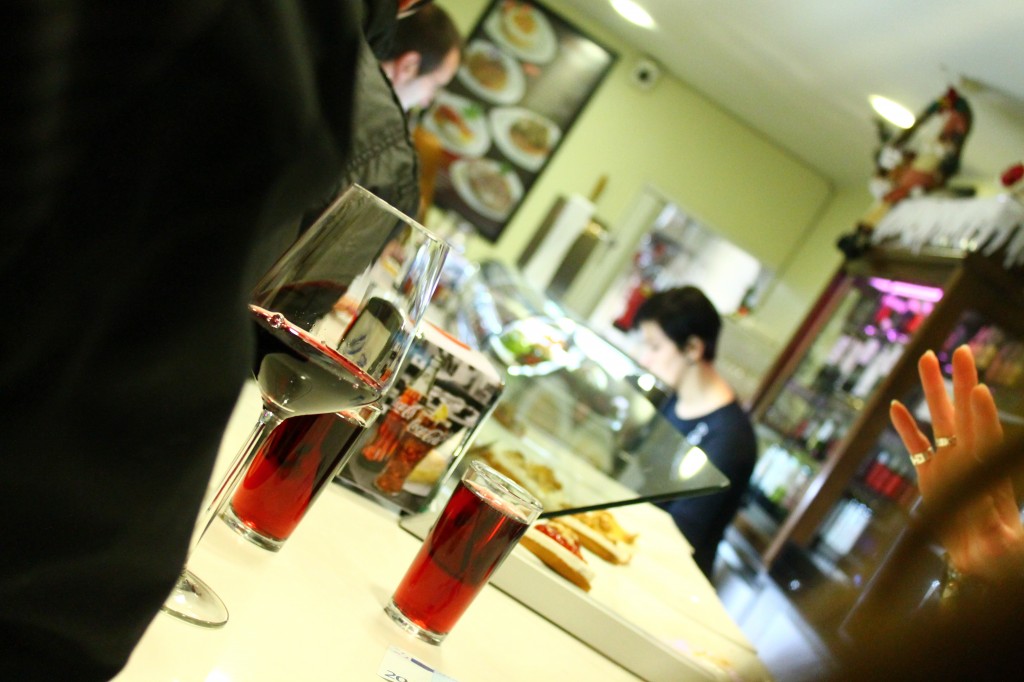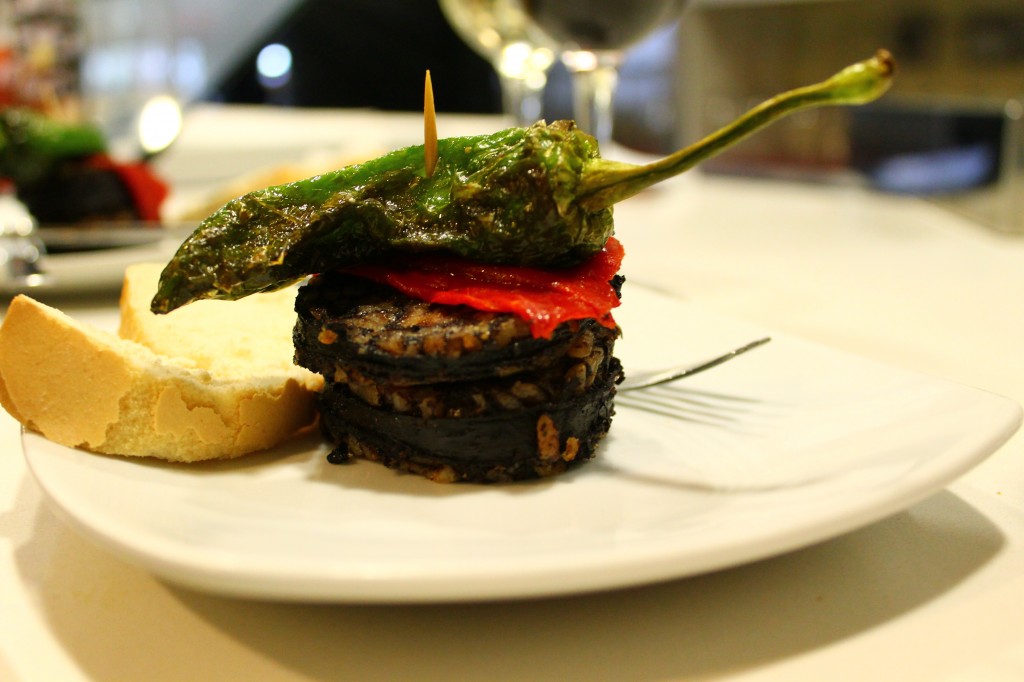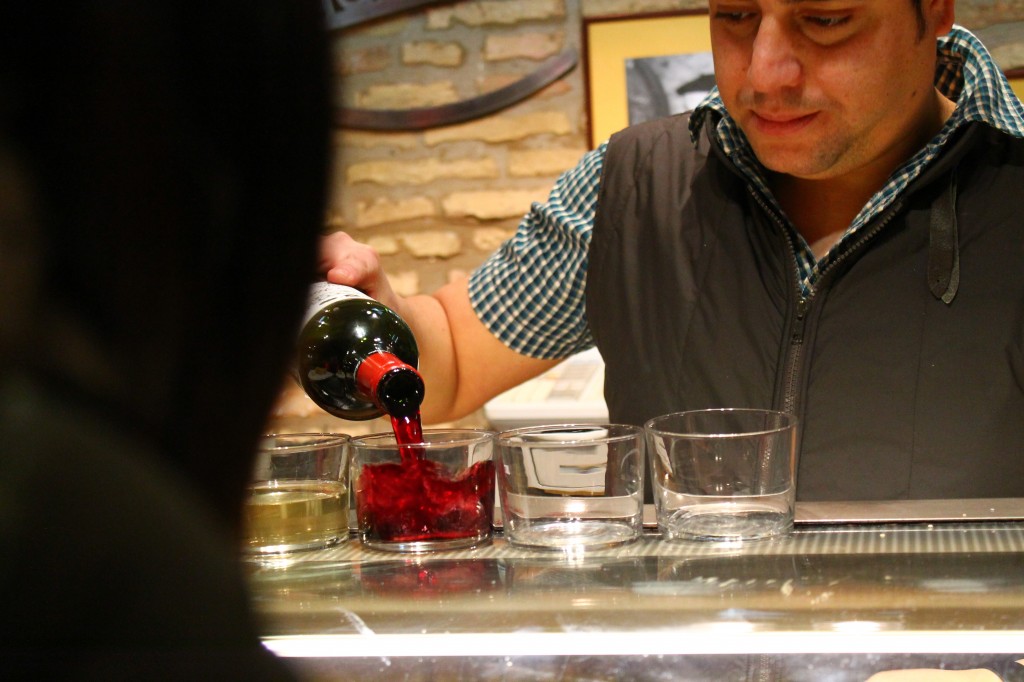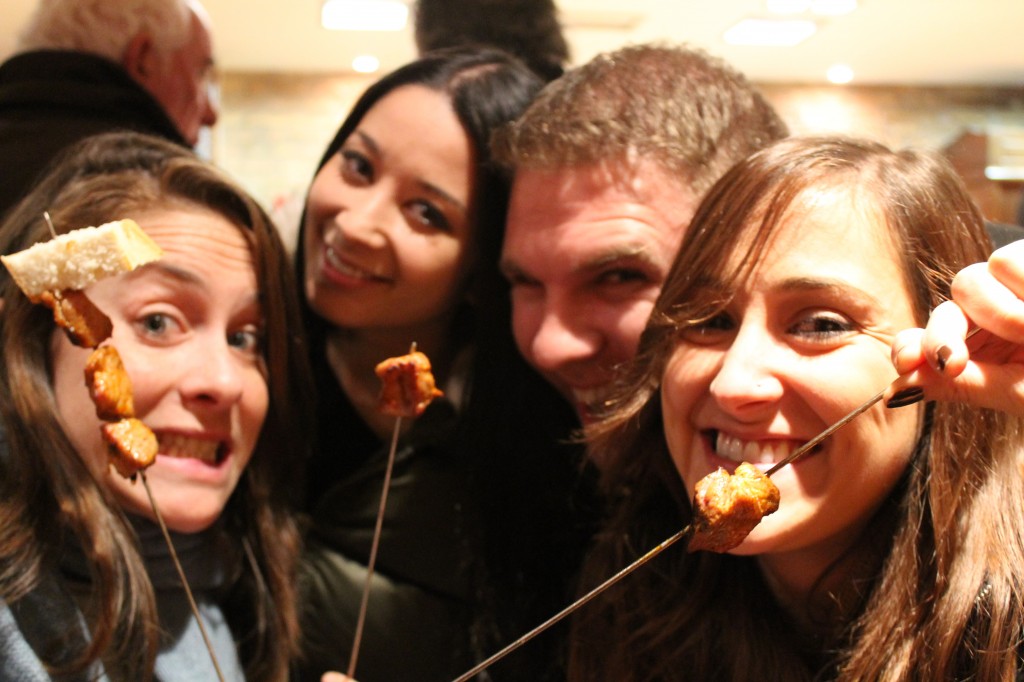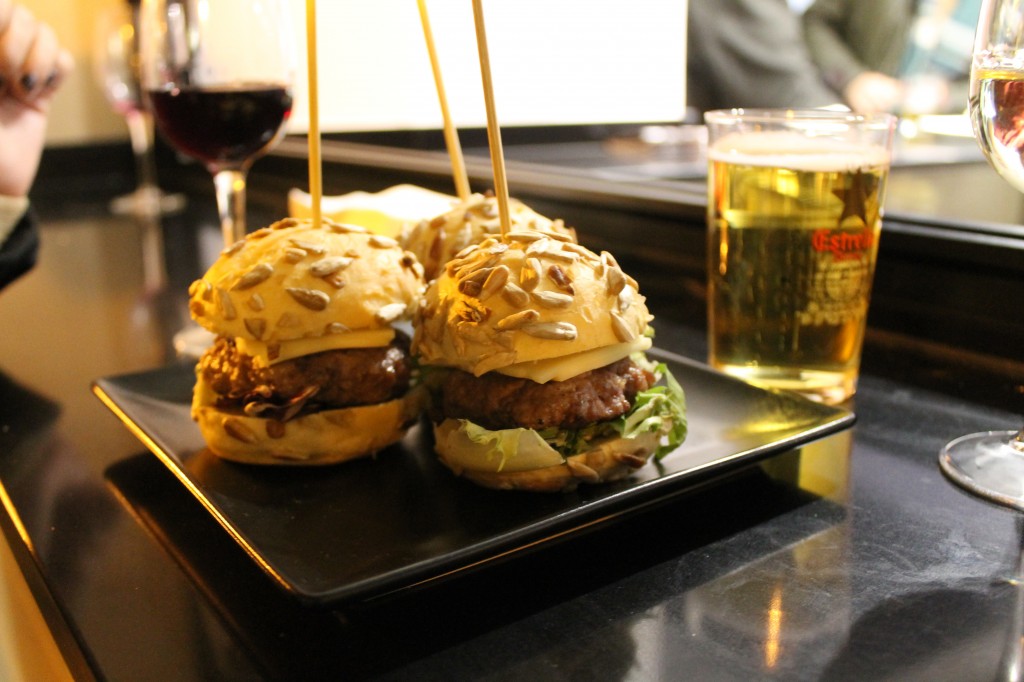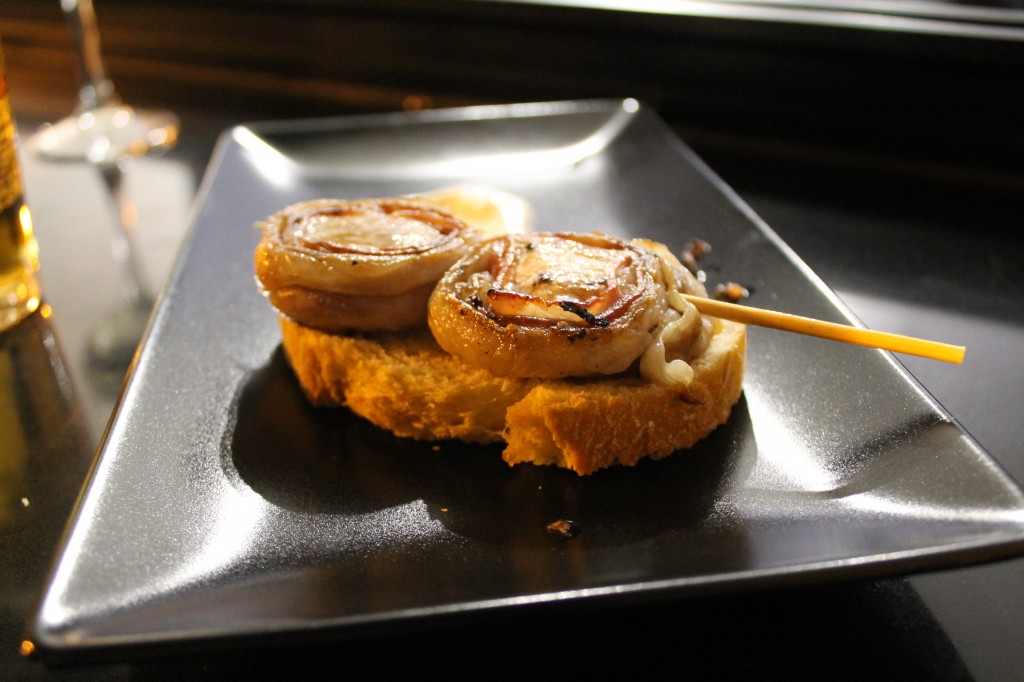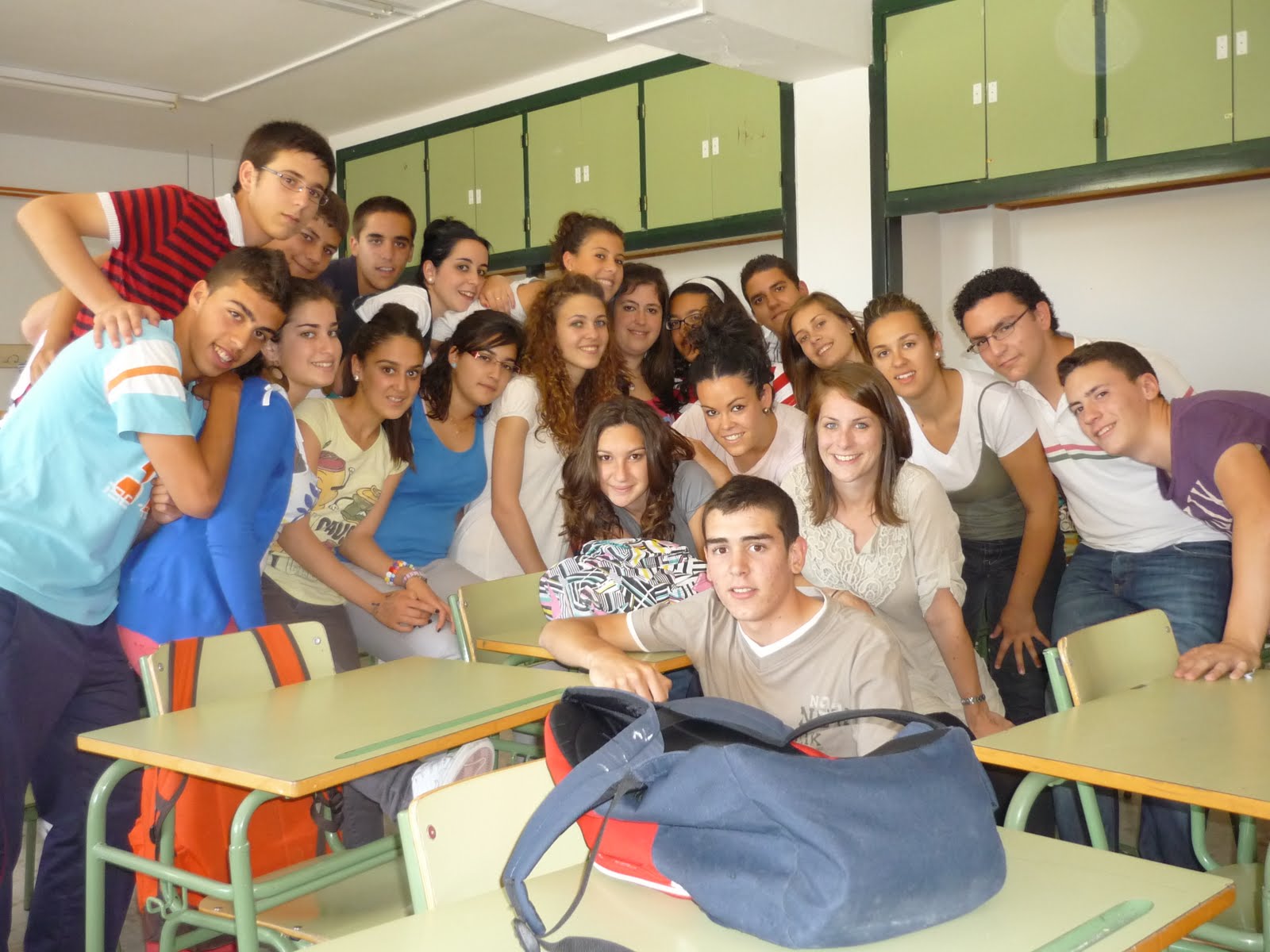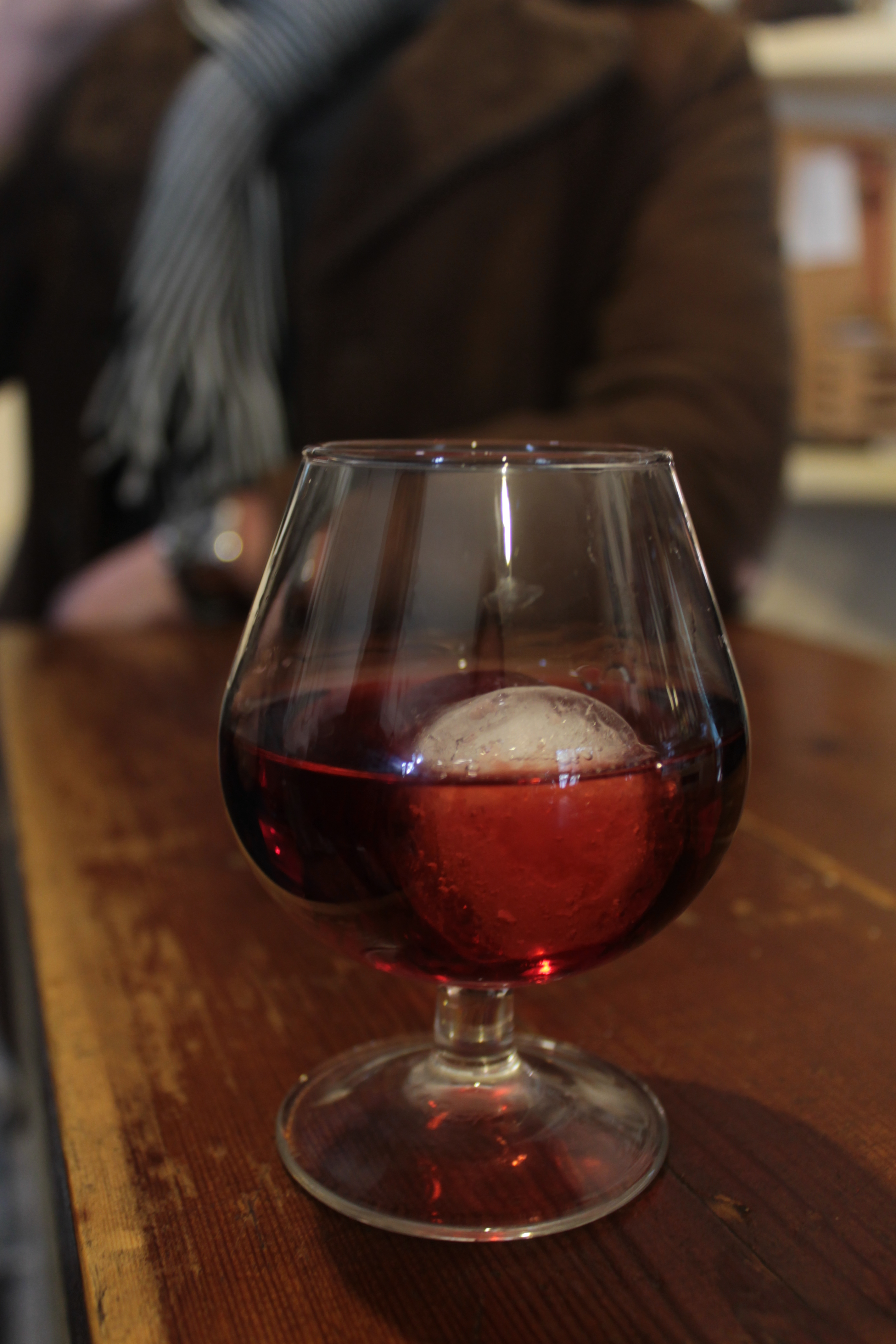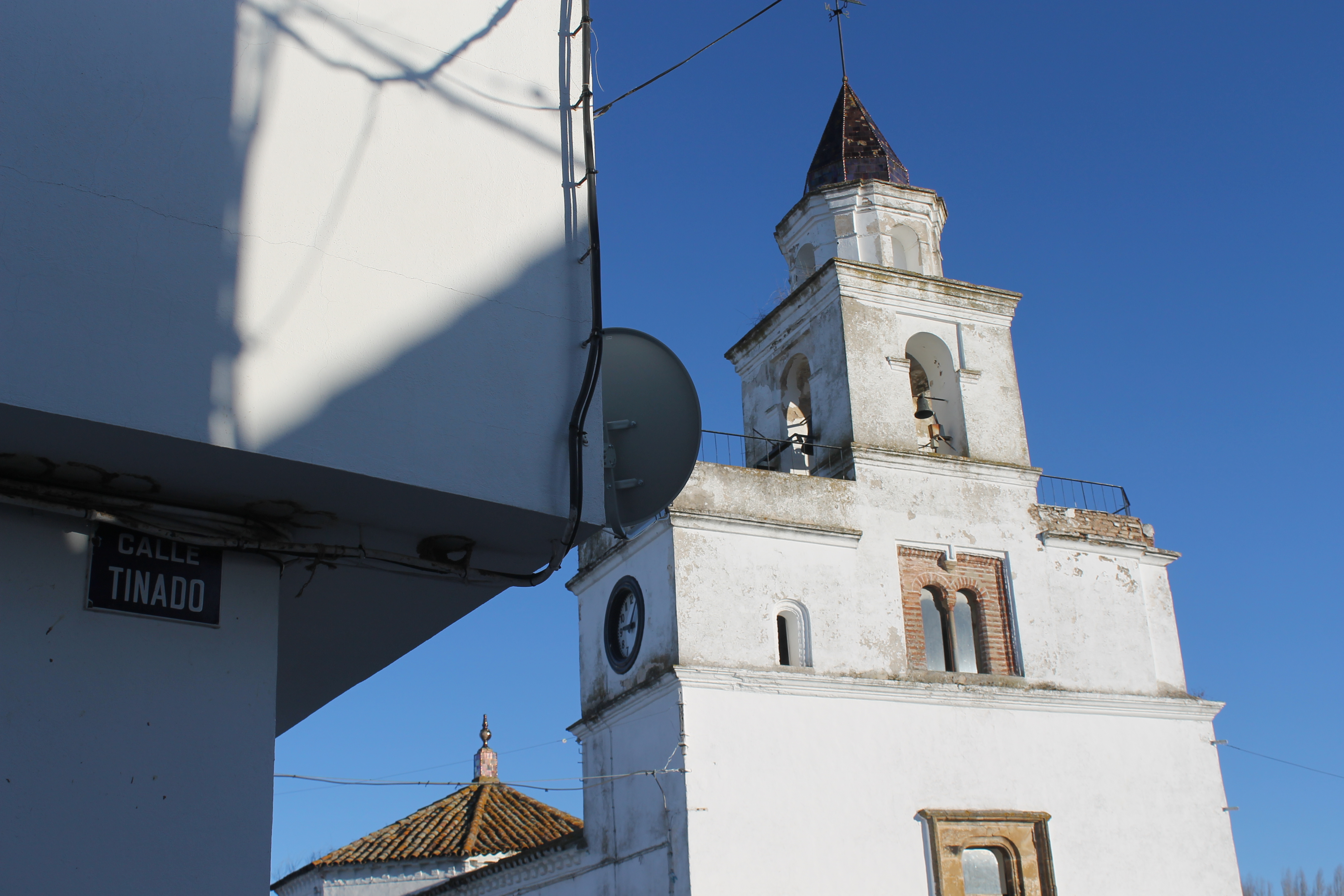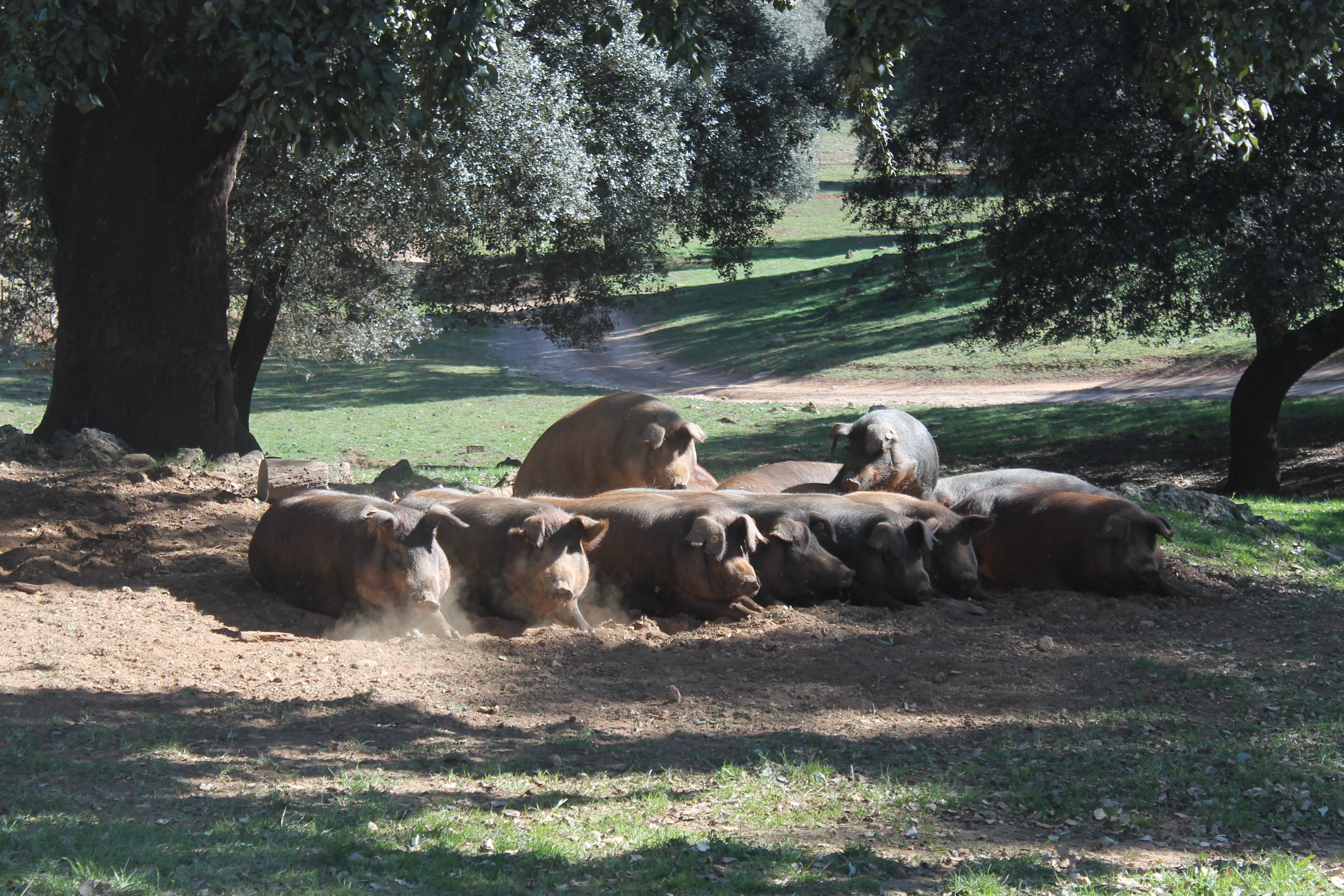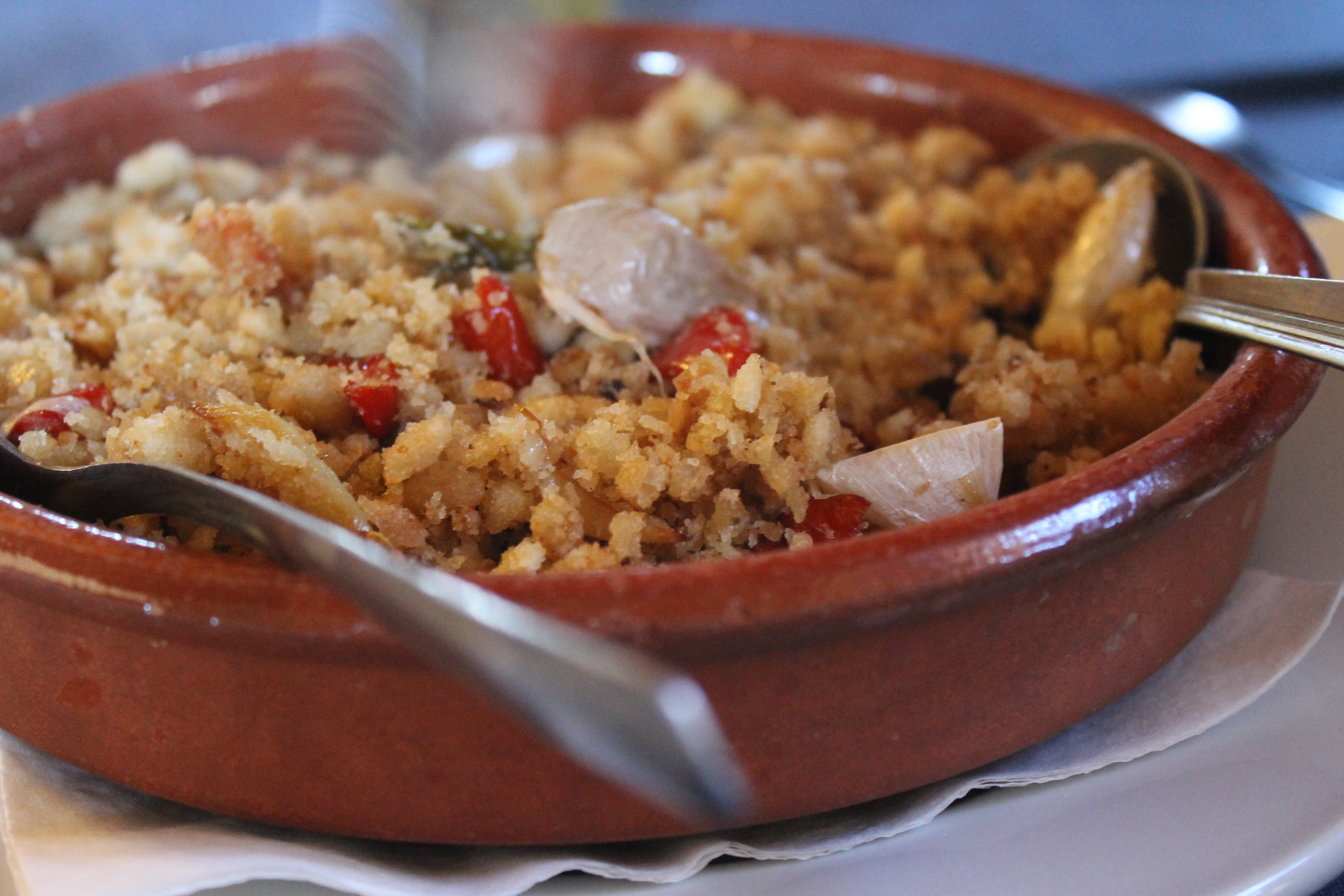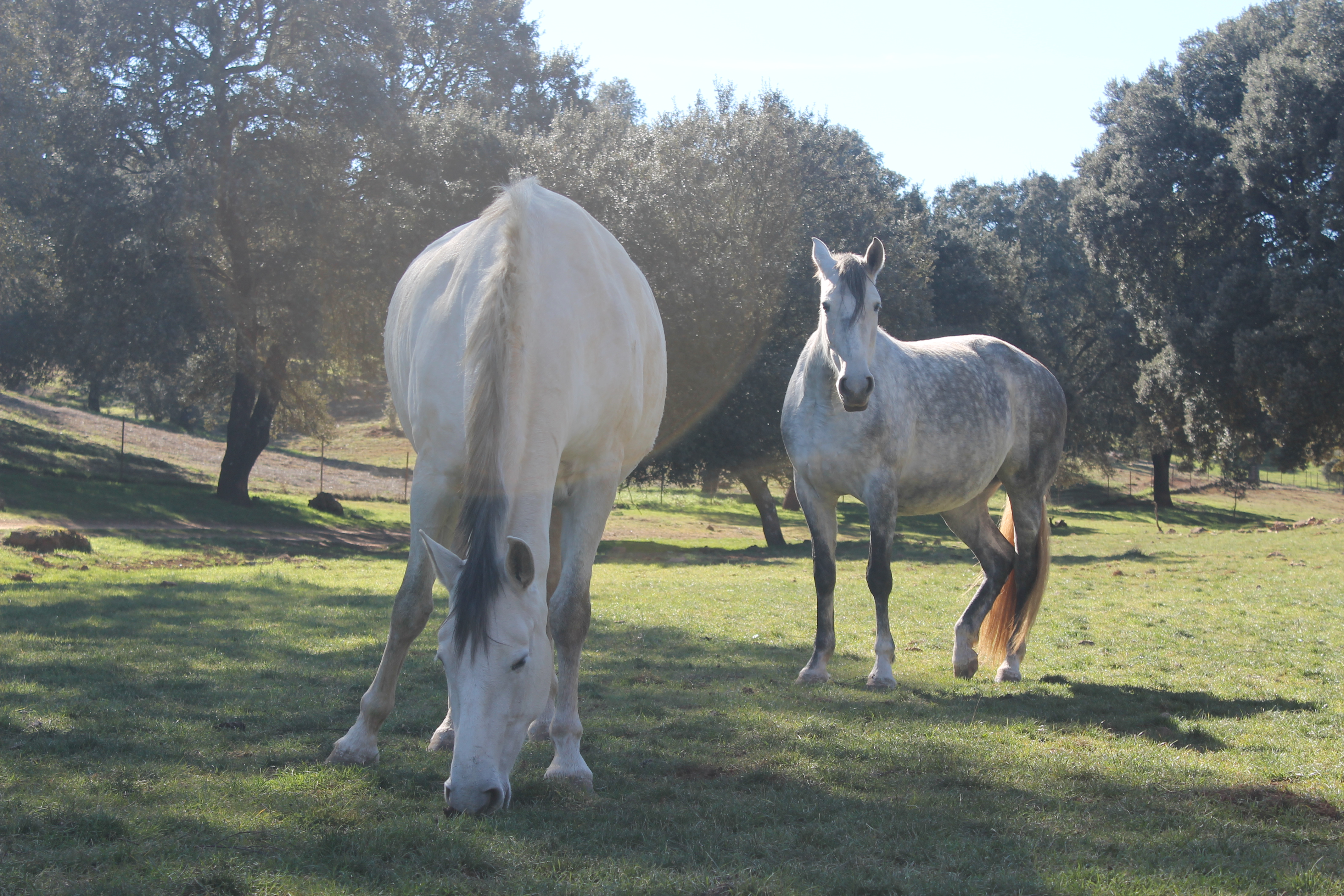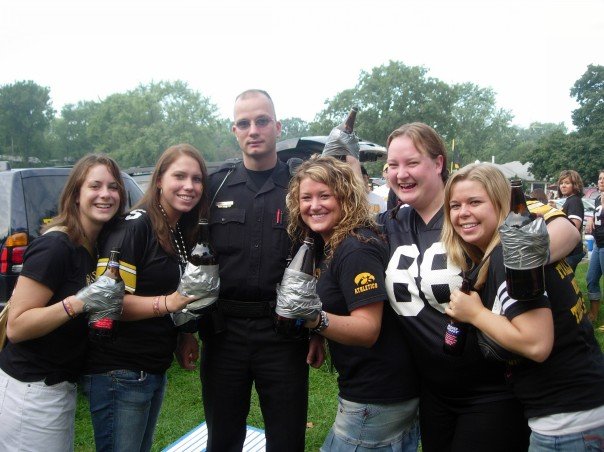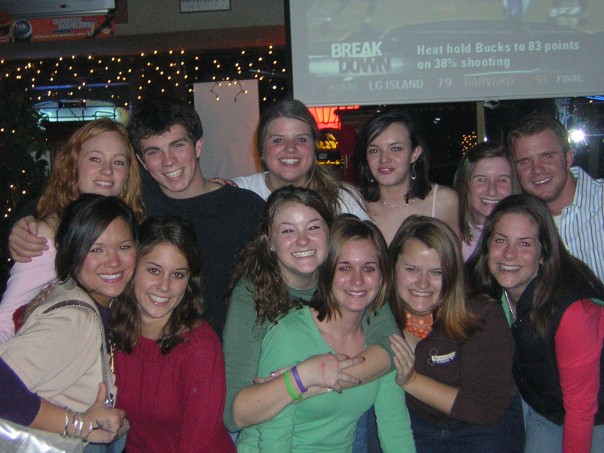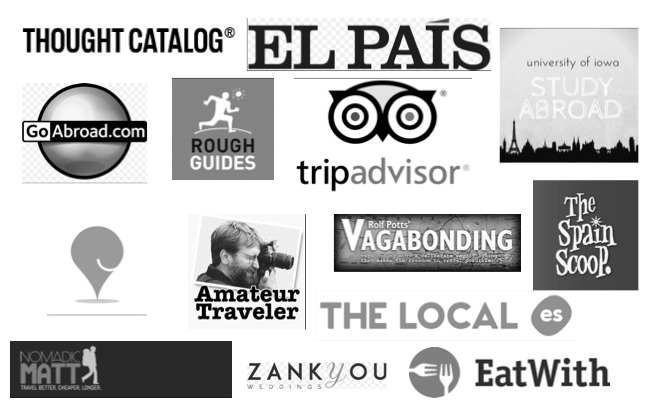“BUT I CAN’T FIGURE OUT HOW TO GET OUT OF THE PARKING LOT!” I wailed, confused at how to even put the rental car into reverse.
“Dude, let’s ask PSY,” T suggested, and the site of a Gangnam-style doppleganger set me into a fit of giggles. Today was going to be a good day. After loads of back luck during 2012, I finally felt blessed, and that our trip would be luck at the end of a bad streak.
I asked the car rental guy the easiest way to get out of Madrid, and he asked our destination.
Burgos, I said, as H responded with Logroño, our final destination.
The GPS navigated us out of Madrid and out towards Burgos. Being together outside of camp felt almost strange, but we chattered away to make the kilometres pass by as quickly as they got racked up on the dashboard.
Just past the border of Madrid and Segovia, the GPS spoke again to tell us to turn off the main road and onto a secondary highway.
“It’s probably just avoiding the toll roads or something,” H suggested when I told her that the Internet had suggested driving up past Burgos and veering off on the highway that stretches across the North, following the Ebro river that feeds the grapevines of La Rioja.
The mountain range that separates the two comunidades rolled out on the right side of the window as the vegas turned into golden-leafed forests. As we snaked into Soria – the most sparsely populated region of Spain – my eyes and brain begged for a coffee.
The GPS sounded, as if it read my brain. It directed us into a town on the banks of the Duero, San Esteban de Gormáz. I saw the town’s castle spires on our way in, and we drove as high as the rental car would take us into the town’s midget bodegas with cracked, wooden doors. The place felt a bit like Guadix with the homes carved into the walls, the creaky stairs and catwalks leading across the sides of the mountain. The ancient stones of the small town had lead the namesake to write El Cid Campeador, the famous novel of Spain’s chivalrous knights of the middle ages.
After a quick stop for coffee, we set out towards Soria, passing small towns not big enough for even a church. Coming around a bend in a small aldea, we came across a truck and a guardia civil car. The young office signaled us over to the shoulder and I gulped hard, stone silent in my fear.
Here’s the thing: I knew that the crime for driving without a license could be a 500€ fine and up to six months in prison.
“Play STUPID!” T hissed as I rolled down the window and uttered hola with my best guiri accent. The cop asked for the car’s registration and my driver’s license. Kike had warned me something like this could happen not two days before, and to be extremely careful. I wasn’t breaking the law, but had been pulled over by a routine check on small country roads.
Using his iPhone as a translator, the cop told me I needed an international driver’s license to be able to rent a car and that we would be fined 100€ on the spot and get a “get out of jail” card until we made it to Logroño. I felt waves of nausea as I forked over two fifties and tried hard not to let onto the fact that I understood, even stifling a small shudder when his partner said, “Wasn’t it 500€ for driving without a license?”
As we drove away after a hurried buenos dias at 4 o’clock in the afternoon, I felt my heart stop racing as we laughed nervously. Luckily, wine country was our destination, and it wasn’t long before I was taking the edge off with a glass of Rioja and cheap tapas. My friends were glad I was driving and that my guiri-speaking-Spanish impression was spot-on.
The rest of our weekend included me losing a cell phone, breaking a few wine glasses and having the worst wine hangovers of our lives, but there are few things I appreciate more than a good glass of tinto, my friends and new places.
